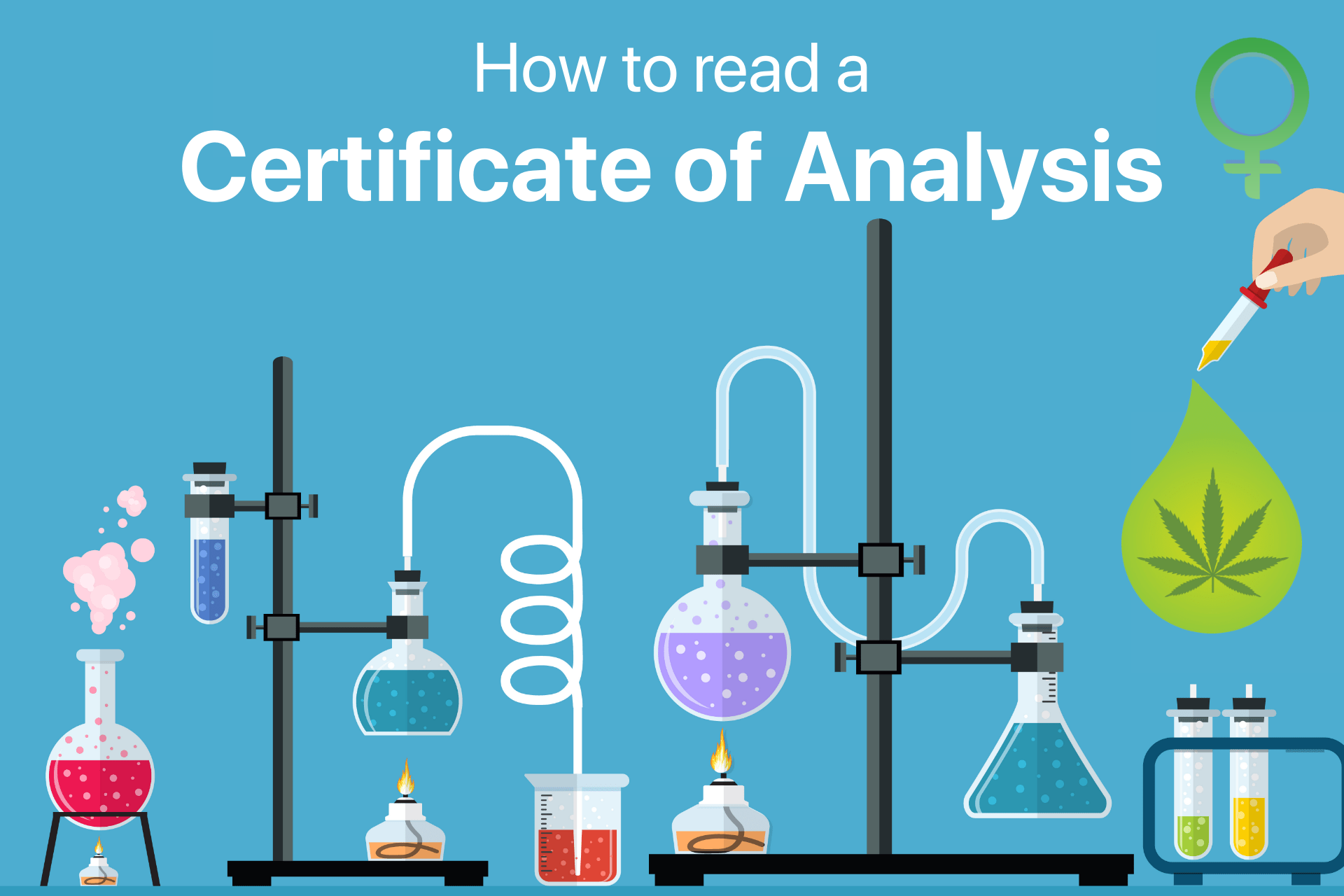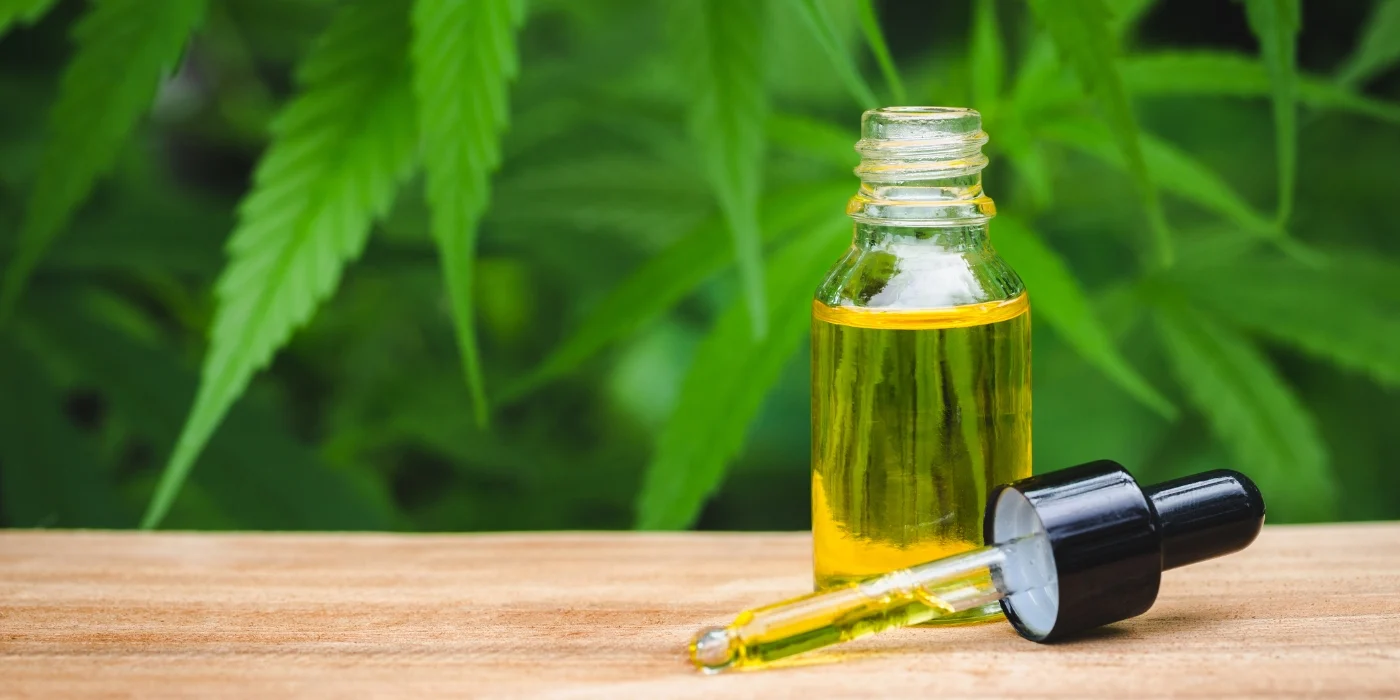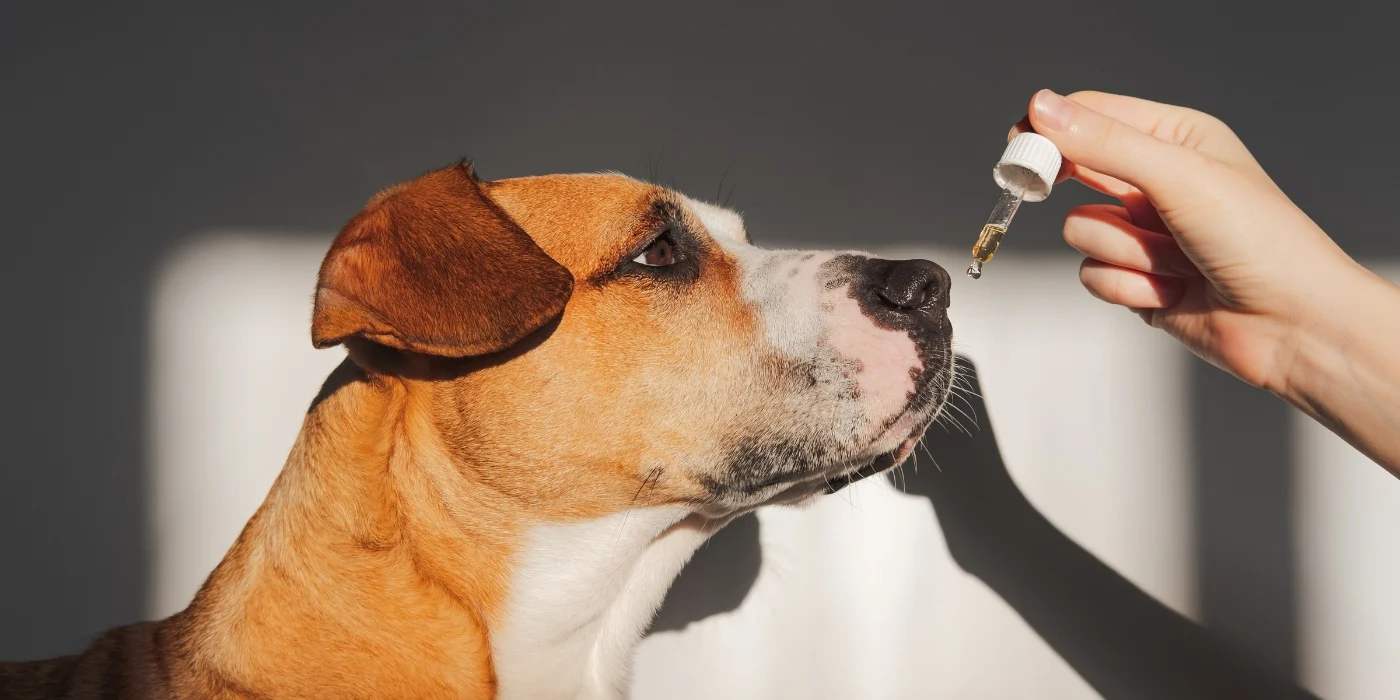
- Hemp Strains
-
by gu
A Certificate of Analysis lists the contents of hemp seed in much the same way a food product label contains its nutritional information. The contents of hemp seeds listed on a COA report include a microbial screening, a residual solvent analysis, a heavy metal analysis, and, most notably, the cannabinoid content of its parent. This particular factor is of critical importance as it outlines the federal legality of the plant the seed will produce.
According to the Agricultural Marketing Act of 1946 (and reiterated in countless publications ever since), hemp is as any part of the cannabis plant that contains less than .3 percent delta-9 tetrahydrocannabinol, the specific cannabinoid responsible for causing a euphoric “high.” Anything with more than .3 percent delta-9 THC is referred to as “marijuana” and is, therefore, federally illegal. It’s a fine line, and it must be balanced carefully, hence the importance of the COA.
What is a Certificate of Analysis (COA)?
A COA is an official document outlining the test results of a given product. COA’s are most common for food and drink, chemicals, and pharmaceutical products. A COA can be performed either in-house or by a third-party as long as the entity is licensed to do so.
When it comes to hemp cultivation licensing, a valid COA is crucial. Though specific hemp seed requirements vary by location, a valid COA will meet most conditions. As such, reputable hemp seed banks will always have a product’s COA ready to view.
How to Read a Certificate of Analysis
The most important part of a hemp seed COA is its cannabinoid potency. The COA will list all of the most common cannabinoids found in a sample. These cannabinoids include delta-9 THC, delta-8 THC, THCv, THCa, CBDa, CBDv, CBN, CBNa, CBC, and so on. Note that the Marijuana Marketing Act explicitly lists delta-9 THC as the distinguishing factor between hemp and marijuana as it is the only one with psychoactive properties. THCa, THCv, and delta-8 THC are non-psychoactive and, thus, not restricted to marijuana-type products. Therefore, to determine if a sample meets the criteria for “hemp,” its delta-9 concentration is key.
It’s also important to note that THC can develop well after harvest and processing. Of particular importance is THCa, the metabolic precursor to THC. Though THCa is not technically THC, it has the potential to become so. A Certificate of Analysis should list real as well as potential THC levels. CBDa’s conversion to CBD follows the same principle and is listed as “potential CBD.”
Most hemp crop samples are taken directly from the plant before decarboxylation, or the removal of the extra carboxyl atom (the “a” in THCa, CBDa, etc.). To find the total potential THC or CBD, simply multiply the total THCa or CBDa by 0.877 then add that number to the total delta-9 THC or CBD, respectively. The following equation can help.
[THCa x 0.877] + [delta-9 THC] = Total Potential THC
[CBDa x 0.877] + [CBD] = Total Potential CBD
Additionally, a Certificate of Analysis will list product contaminants. This includes microorganisms, residual solvents and chemicals, and heavy metals (which hemp is notorious for collecting from the soil). Ideally, each of these items should come with a clear “ND” (none detected) stamp. If test results are positive, a quick Google search can help determine if their presence is cause for concern.
Locating a Hemp Seed’s COA
Most reputable hemp seed banks will have their seed COAs displayed directly on each product page, though some house all of their COAs on a single webpage instead. You can also find copies of a product’s COA by visiting the testing lab’s website. Just search for the batch or test ID number from the test lab’s website.
Sample COAThe Certificate of Analysis is more than just a summary of hemp seed contents. It is a tool to help find the best hemp seeds from the most reputable hemp seed distributors and ensures they meet local hemp seed compliance.
You’ll find each of our product’s COAs proudly displayed on their respective product pages, and we’ll send you a copy with your order as well. Contact us to learn more.




George Mack
February 23, 2021 at 3:31 pmwhere do i purchase seed in South Carolina, seeds for growing?